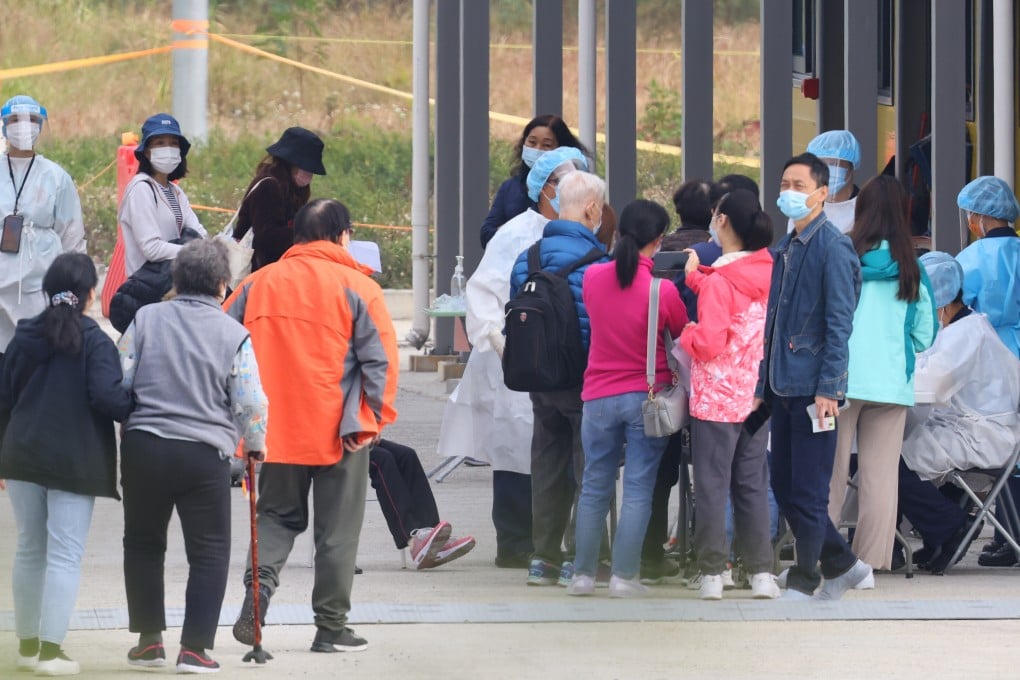Advertisement
Letters | Hong Kong’s Covid-19 testing regime must be refined so that it’s not all stick, no carrots
- Readers discuss how Hong Kong’s ‘dynamic zero infection’ strategy deters people from getting tested, and is letting down 27,000 students across the border
Reading Time:3 minutes
Why you can trust SCMP
1

Arriving in Hong Kong from the mainland on January 1, I went through six rounds of Covid-19 testing as part of the Come2hk scheme. My first test at Shek Tong Tsui Sports Centre coincided with a compulsory testing order on a local building. I stood in queue, double masked, while the line itself was like a gigantic Snake game. It was a good half- hour wait before one got the test done. Thankfully, the stadium was largely empty on my subsequent visits, with almost no waiting time.
That the city’s current measures against Omicron are unsustainable seems no longer debatable, with three-digit infections for consecutive days and untraceable cases on the rise. The biggest problem with Hong Kong’s Covid-19 measures is the gap between ambitious goals and limited execution skills.
Culturally and politically, Hong Kong lacks the conditions to implement large-scale virus screening and airtight contact tracing on par with the mainland. Its implementation of the “dynamic zero infection” strategy relies more on people’s sense of responsibility and demands creativity from the government.
Advertisement
A key issue with the current testing and isolation scheme is its punitive nature. For a Hongkonger with mild Covid-like symptoms, volunteering for a test requires one to entertain the possibility of a positive Covid-19 result that mandates being sent to Penny’s Bay together with their families and colleagues. Apart from the hiccups at the quarantine centre, the social stigma is enough to deter people from getting tested.
The recent grievances of Kwai Chung Estate residents shed light on another important deterrent to anyone considering voluntary testing – the risk of getting infected during the testing process.
While some have been arguing for switching to living with the virus, instead of such a drastic step, why not refine our policy? We need a scheme that is both compensatory and punitive.
Advertisement
Advertisement
Select Voice
Choose your listening speed
Get through articles 2x faster
1.25x
250 WPM
Slow
Average
Fast
1.25x
